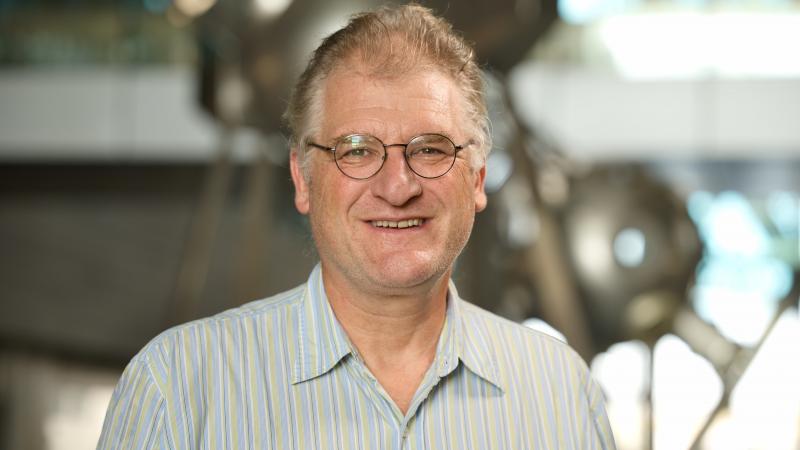By Jovana Cvorovic
On the eve of RobotoKAUST 2022 and following last year’s success, a group of researchers from the KAUST Robotics, Intelligent Systems, and Control (RISC) Lab, King Abdullah University of Science and Technology, Saudi Arabia, recently visited The KAUST School (TKS) Kindergarten (KG) to engage in play with children and some truly amazing robots.
As part of the worldwide “Hour of Code” initiative, whose scope is to teach children the basics of computer science, the TKS KG visit took place during Computer Science Education Week, held from December 5 to 9, 2021. Hosted by Candace Taylor-Weber and Elaine Manalastas, Information & Digital Literacy Coaches at KG, the activities were designed to inspire the children and encourage them to observe and use new objects, think about how they work, come up with their own ideas and theories, test them and share their conclusions. Through play, the children grasped basic concepts of robotics and coding.
The children were presented with three types of robots—all with different complexities and mechanisms—and were free to choose which one they would play with. It was fascinating to see the children’s genuine curiosity and delight as they participated in the activities. Laughing, screaming, whispering, whooping, clapping, the children did not hesitate to express their delight.
The children’s questions, observations and comments were far from simple and confirmed what one of the teachers had pointed out: “Children learn best when they have the ownership and interest in what they are doing.” Adults—be they teachers, parents, or carers—are there to support children in their learning process, to let them discover, provoke their thinking and creativity. The fruit of this approach was witnessed in the Kindergarten during the “Hour of Code,” as the participants freely communicated their imaginative ideas and creativity.
The “Hour of Code” is one of the many ways TKS partners with the University and is a great example of the potential these collaborations can reach. Being a part of a larger academic community is a privilege for young students. Joint projects like this one are particularly important as they strongly influence the children’s learning journey and help them understand how learning is applied in the world.
